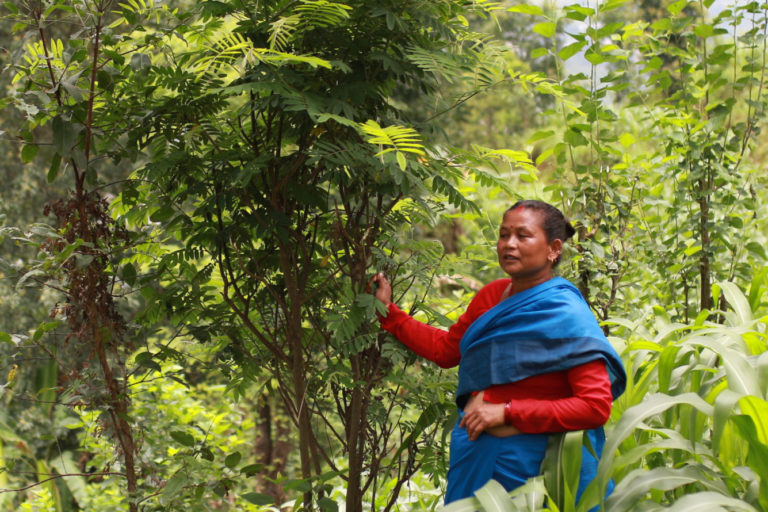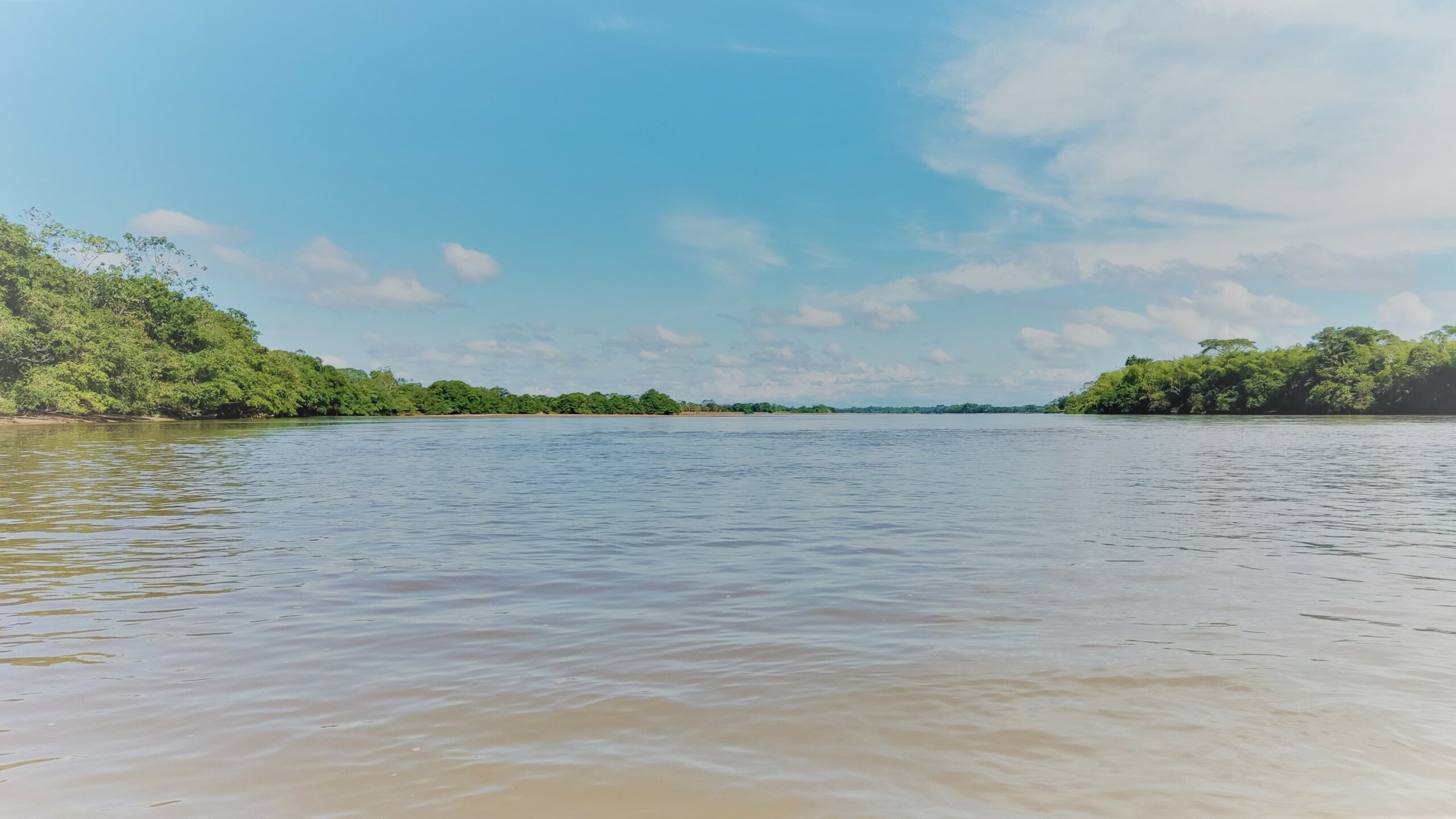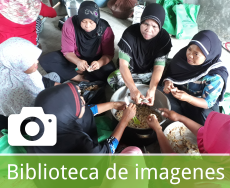Comentario: El reglamento anti-deforestación de la UE y las mujeres

Publicado en Mongabay por Simone Lovera el 26 October 2022
Photo por Abhaya Raj Josh/Mongabay: Miembro del Grupo de Agricultura Sostenible Bhimeshwori en su granja agroforestal en Kavre, Nepal.
La Unión Europea (UE) se encuentra estudiando un reglamento sobre productos libres de deforestación, que se considera una de las iniciativas legislativas ambientales más ambiciosas de los últimos años. La propuesta busca instar a quienes los comercializan algunos de los productos con mayor impacto forestal y climático, -la carne vacuna, la soja, el aceite de palma, el cacao, entre otros- a demostrar que su obtención no está asociada a la deforestación.
La idea es de prohibir la importación y exportación, dentro de la UE, de algunos de los productos con mayor impacto forestal y climático.
Continuar leyendo en ingles…
Activists welcome the measure, but how would it affect millions of small producers in the Global South? It’s a question worth asking, as the majority of small producers around the world are rural women. If lawmakers take a gender-blind approach to the regulation, it could end up marginalizing these women and instead promote the interests of powerful export-oriented agricultural producers.
The proposed regulation would advance the UN Sustainable Development Goals—specifically Target 15 on halting deforestation and forest degradation. And it’s a sign that countries are beginning to take responsibility for their ecological footprint. This landmark measure was drafted by the EU Commission last year and strengthened in a recent vote by the European Parliament that would add a ban on products associated with Indigenous and other human rights violations and clauses on access to justice for affected communities. The Parliament also wants to include more categories of products, coverage of the financial sector, and references to women.
Women small producers usually have less capital and income and are more dependent on access to forest resources, so they stand to benefit from initiatives that contribute to halting forest loss. But if the gender dimensions of commodity production and deforestation are ignored, the regulation could deliver a blow to the livelihoods of rural and Indigenous women and deepen structural inequalities.
Some say it will be costly for smallholders to comply with the regulation. However, most rural women farmers produce food for household needs and local markets rather than for export, and this small-scale food production is threatened by international commodity markets for products like beef and soy as well. This is why peasants’ movements are calling for the defense of local markets and food sovereignty rather than the integration of smallholders into international markets.
Even in sectors like cocoa and coffee where smallholders and women do have important roles, women don’t necessarily benefit from international commodity markets, as they tend to be used as cheap labor. The FAO and others note that there are major obstacles to integrating women in international commodity chains, such as lack of access to land, financial credits and the knowledge and technology needed to sell in highly competitive international markets. Therefore, it can be more beneficial to focus on options like strengthening local markets for locally produced fruits and vegetables, medicinal plants, handicrafts or other off-farm income and more affordable social services, rather than bringing women onto an uneven playing field.
To offset some of the impacts of the legislation on smallholders and larger producers, it suggests partnerships with producing countries. But the partnerships developed under the regulation will likely be dominated by powerful (often male) actors in commodity chains who may ignore the socio-economic and environmental impacts of the relevant commodity beyond deforestation and also turn a blind eye to alternative livelihood options. It’s unlikely that a partnership of cocoa producers and European chocolate companies, for example, will look at options in local food or handicraft markets—or the broader socio-economic and health impacts of the international chocolate industry, for that matter.
Partnerships that advance gender justice should do more than enable the participation of a few women commodity producers in an otherwise corporate-dominated setting. They require a profound gender-sensitive value chain analysis to assess the role and position of women in that chain. This means looking at issues like land concentration and the health impacts of agrochemicals used in commodity production in a process that includes Indigenous peoples, as their lands and livelihoods are often harmed by commodity chains. It’s important to remember that women and environmental defenders broadly aren’t always able to speak freely when placed at the same table as the powerful state and corporate institutions that destroy their lands and livelihoods.
The regulation also needs to cover the financial sector if it is going to be advantageous for women. European banks like Santander, Rabobank, BNP Paribas and the ING group and pension funds like ABP have pumped more than €14 billion into the Latin American beef and soy sectors in the last six years. These sectors cause the most forest loss and often displace local food production that is women-led. Without regulating investments in sectors like large-scale cattle ranching and soy farming, the EU will continue to be responsible for forest loss, even if the commodities themselves end up in other countries.
The deforestation-free trade bill can have a genuinely positive impact on forests and women. That’s our hope. But for this to happen, the regulation and the partnerships established to implement it must take a broad, gendered perspective on a just transition towards more sustainable rural livelihoods in commodity-producing countries.
Simone Lovera is the Executive Director of the Global Forest Coalition.
This was originally published by Mongabay.
To learn more, see GFC’s new report: A gendered perspective on the proposed EU regulation on deforestation-free products






